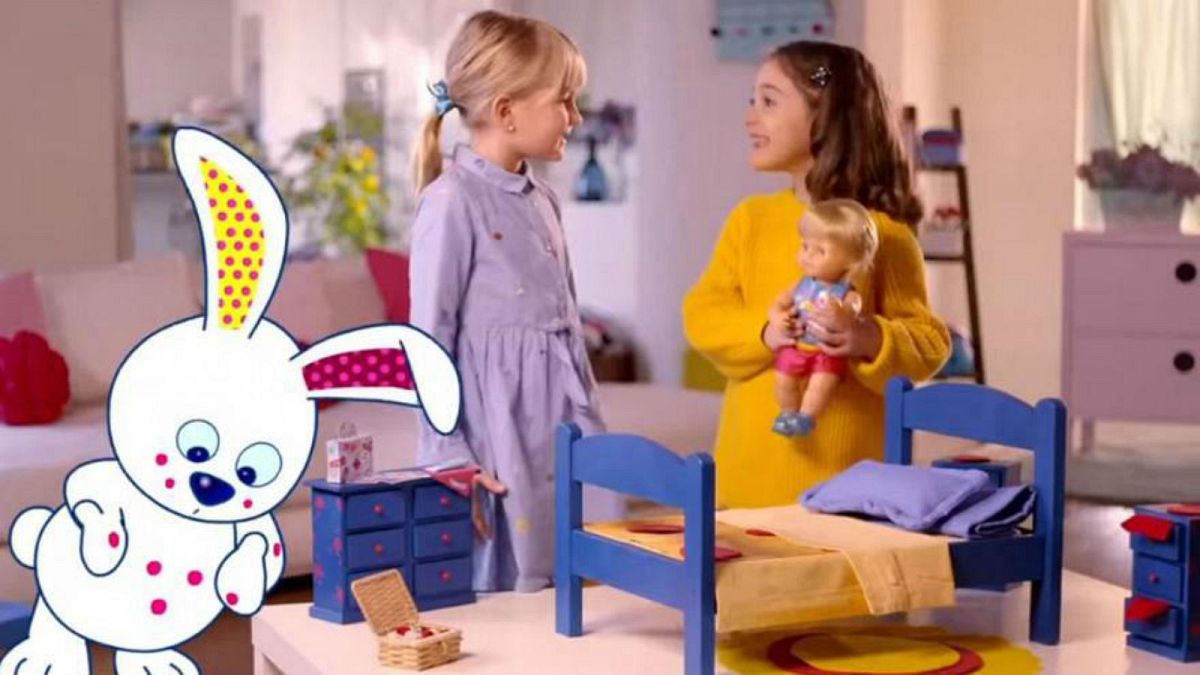An Italian toy maker has been urged to withdraw a doll that can be cured of the measles using "magic" wipes and cream.
An Italian toy maker has been accused of trivialising a serious childhood disease with the new edition of its popular Cicciobello doll, which children are invited to treat of the measles.
The blonde doll, Morbillino, comes with accessories including wipes, cream and plasters, to make its red spots disappear in an instant.
The name Morbillino is a take on the Italian word for measles, "morbillo".
Health experts, including Walter Ricciardi, President of the Higher Institute of Health Walter Ricciardi, have accused toy maker Giochi Preziosi of trivialising the disease, which in reality cannot be cured with a “magic” wipe.
Measles is a highly contagious disease, which remains one of the leading causes of death among children globally, despite the availability of a safe and effective vaccine, according to the World Health Organization.
Symptoms include a cough, inflamed eyes, a fever and red, blotchy skin.
While vaccinations have seen the number of measles cases dramatically decline, Ricciardi noted that there have been at least two deaths as a result of the disease in 2018 alone in Italy.
He said Giochi Preziosi should withdraw the product.
Speaking to Italy’s Radio Capital, the founder of the company, Enrico Preziosi, said the concept of a child playing at being a mum to cure a doll has existed for decades.
“These doctors criticising it should worry about more serious things. If we used the words ‘flu’ or ‘fever’, no one would have said anything,” he argued.
